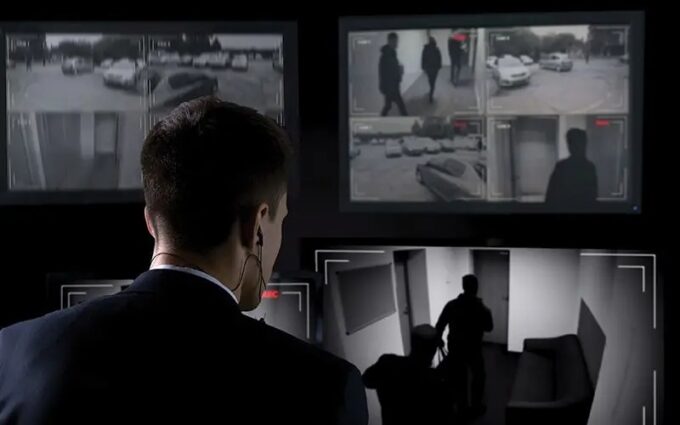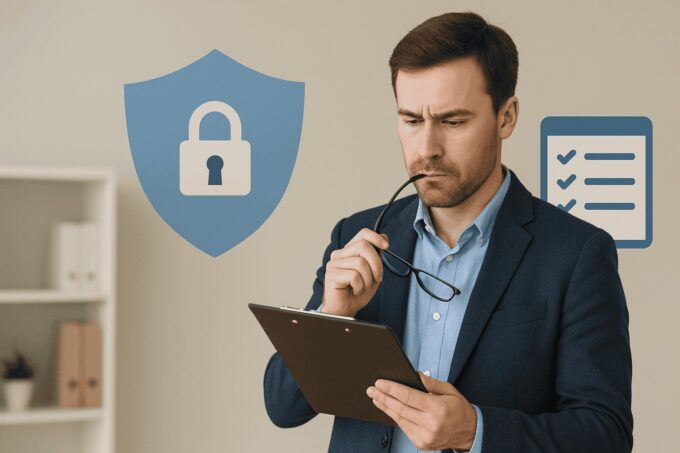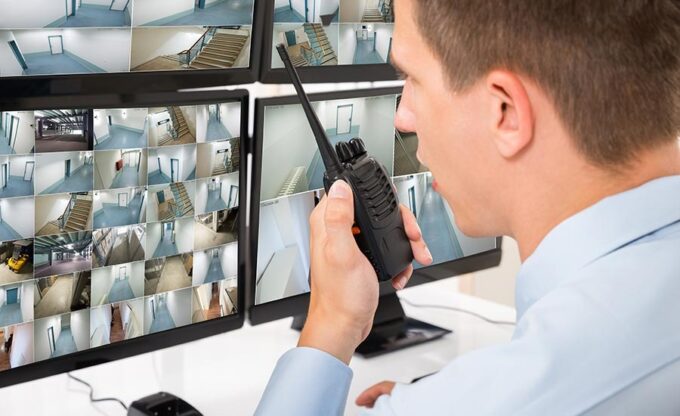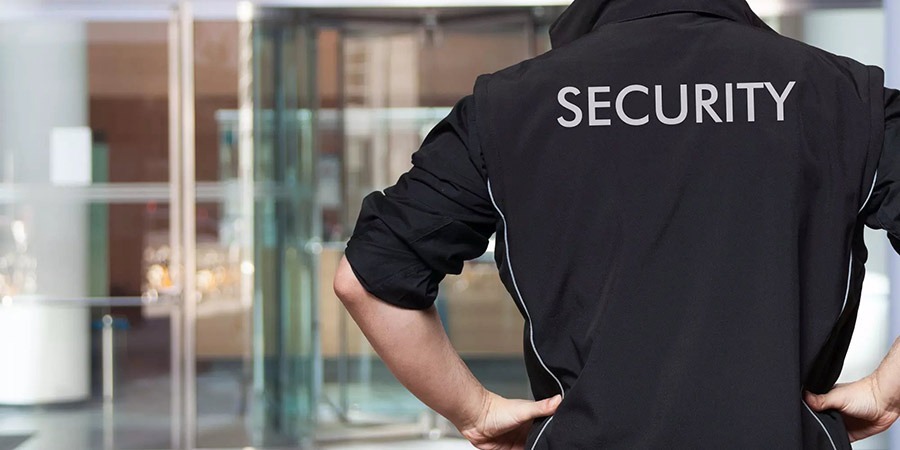Security has become a top concern for commercial properties, with businesses and landlords investing more in safety measures than ever before.
Whether it’s preventing theft, controlling who enters a building, or responding quickly to emergencies, the need for reliable security is only growing.
Today, commercial security is no longer just an added layer of protection; it is a core operational requirement.
This is especially true for small-to-medium enterprises and multifamily properties that face both physical and digital threats.
In this post, we’ll break down what commercial security services include, why demand is rising, what to look for in a provider, and how these systems tie into the work of locksmiths and cloud-based solutions.
What are commercial security services?

Commercial security services refer to a range of protective solutions designed for business and multifamily properties. These services work together to create a secure environment for tenants, staff, and visitors.
Common offerings include:
- Video surveillance: Cameras that monitor activity and record footage for review.
- Access control: Systems that manage who can enter a building or specific rooms.
- Alarm systems: Intrusion and motion detectors that trigger alerts.
- Remote monitoring: Allows property managers or security teams to oversee systems from anywhere.
Together, these commercial security services help reduce theft, lower liability risks, and streamline property operations. A well-planned security strategy creates both a visual and functional deterrent while offering peace of mind to everyone on site.
Why businesses are prioritizing security
Businesses are taking a proactive approach to security for several reasons. First, crime rates and trespassing incidents have been a growing concern, particularly in urban and high-traffic commercial areas.
Second, insurance providers often require specific security measures to maintain coverage or reduce premiums. Commercial security systems not only meet these requirements but also provide documentation that can be valuable in the event of a claim.
Ultimately, a visible and well-integrated security setup conveys professionalism and fosters trust among clients, tenants, and employees.
How to choose the right security provider

Selecting the right commercial security provider involves more than just comparing features and price points. The provider you choose will play a critical role in protecting your property, your tenants, and your bottom line. To make a smart, long-term investment, evaluate vendors across multiple criteria:
1. Proven experience in commercial and multifamily environments
Not all security providers specialize in commercial or multifamily settings. Look for a company with a proven track record of working with properties similar to yours.
Providers familiar with building access workflows, tenant needs, and property management systems are better equipped to deliver tailored solutions that work in real-world scenarios.
Request case studies or references from similar buildings to gain a clearer understanding of their capabilities.
2. Seamless system integration
You already have some systems in place, whether it’s an existing camera network, key fob access, or building management software.
A strong provider should offer solutions that integrate with your current infrastructure rather than requiring a full overhaul.
This not only saves money but also minimizes disruption to tenants and staff during implementation. Be sure to ask whether their systems are compatible with cloud storage platforms, mobile apps, or smart building tools.
3. Licensing, certifications, and compliance expertise

Security providers must follow specific local and industry regulations, especially when it comes to surveillance, access control, and data storage.
Verify that any vendor you consider is properly licensed, insured, and certified to install and maintain commercial-grade systems.
Additionally, the provider should be aware of any regional legal requirements related to tenant privacy, alarm system registration, and video retention policies.
4. Transparent pricing and responsive support
Hidden fees and vague service terms can quickly turn a promising solution into a liability. Look for a provider that offers clear, upfront pricing and a breakdown of ongoing maintenance or subscription costs.
You’ll also want to assess their customer support — is it available 24/7? Do they offer remote diagnostics or onsite repairs? A provider who stands behind their system with strong support options will ultimately save you time and money.
5. Comprehensive hardware and software support
A well-rounded security provider should offer end-to-end service. That means they not only install hardware, such as cameras and access panels, but also provide the software to manage and monitor your system.
This one-stop approach ensures better compatibility, faster troubleshooting, and fewer points of failure. It also makes it easier to scale your system as your property grows or your needs change.
Taking the time to evaluate potential vendors thoroughly will help you build a long-lasting security foundation that protects your property, keeps tenants safe, and simplifies building operations.
Key components of a modern commercial security solution

A robust security plan utilizes multiple tools and systems that work in tandem. Core components of a modern commercial security solution include:
- Access control systems: These may include keypads, smart locks, or visitor management platforms. They help restrict access to authorized individuals and keep records of entries and exits.
- Security cameras and cloud-based monitoring: Surveillance cameras combined with cloud storage allow for real-time viewing and secure footage backup. Remote access is a major benefit for property managers on the go.
- Intrusion detection and alarm systems: Sensors placed on windows, doors, or restricted areas will trigger an alert if someone tries to break in.
- Emergency response integration: These systems connect with local first responders or security staff to act quickly during emergencies.
Why scalable, cloud-based solutions are the future
Cloud-based systems are quickly becoming the standard for commercial properties. These solutions enable real-time updates, centralized data management, and remote control that are especially useful for busy property managers.
Because cloud platforms are scalable, they can grow with a property or portfolio without requiring major equipment upgrades. This makes them ideal for both landlords managing multiple sites and tenants who need flexible access.
As more businesses transition to remote and hybrid work models, the ability to manage building security from a phone or dashboard is a significant advantage.
Conclusion
Commercial security services play a vital role in today’s property management landscape. From traditional locksmith work to cloud-based systems, every part of the security process helps create safer, smarter spaces.
By understanding the components of a robust security solution and selecting the right partner, business owners and landlords can mitigate risk, enhance efficiency, and future-proof their properties.






